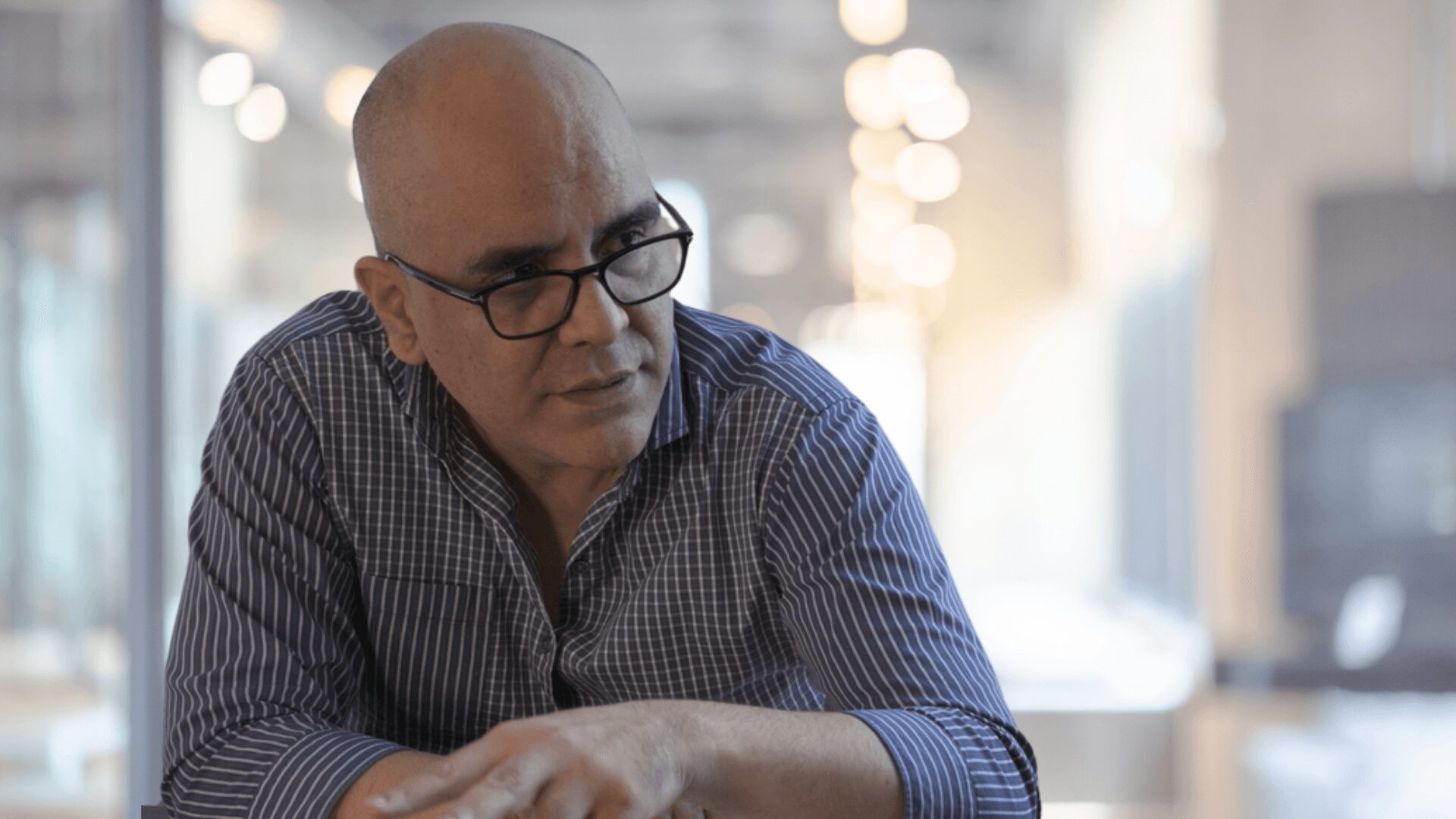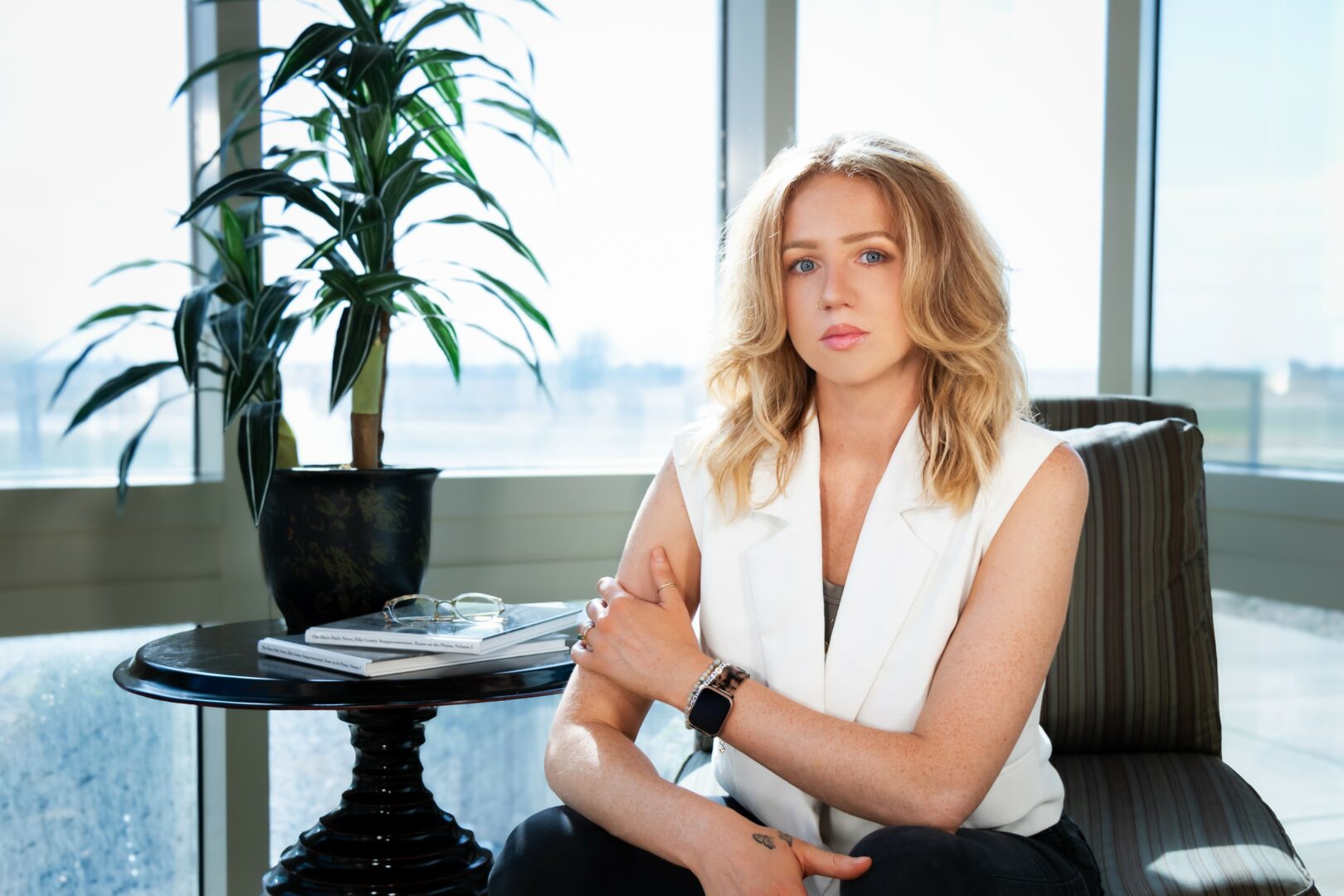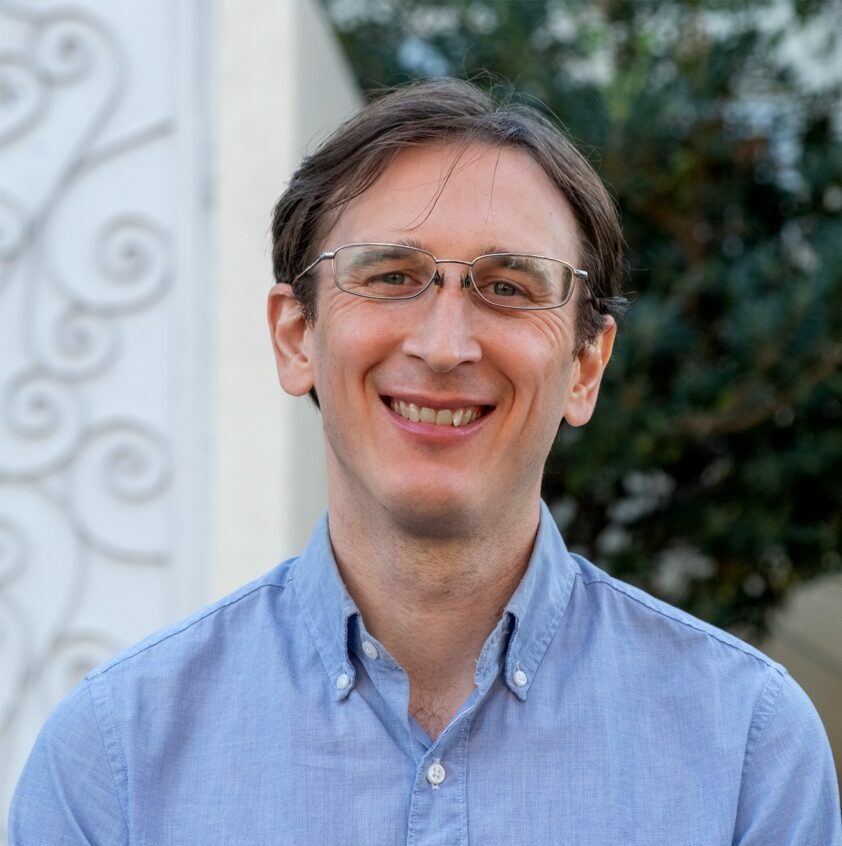We’re looking forward to introducing you to Ivan Palomino. Check out our conversation below.
Good morning Ivan, we’re so happy to have you here with us and we’d love to explore your story and how you think about life and legacy and so much more. So let’s start with a question we often ask: What is something outside of work that is bringing you joy lately?
Lately, I’ve found a huge amount of joy in a passion project I’m doing with some friends. We’re working together to help build sustainable communities—not just caring for the planet, but also making sure the products companies create are good for people, too.
What’s so exciting is the atmosphere. You have this amazing group of people from completely different backgrounds, and they all share this incredible willingness to make a difference. Being around that kind of energy is just joyful.
But we quickly ran into a fascinating human problem, one I’ve seen my entire career: people find it very hard to turn their good intentions into action.
Everyone in the group cares deeply about the planet, but they get stuck. They feel like they have to ‘sacrifice’ something to make a change—give up comfort, or time, or convenience. And our brains are wired to resist that.
This is where my passion and my work come together. My background is in understanding how the brain creates habits. So, I get to help them bridge that gap. We work together to create simple, mental habits that make the sustainable choice the easiest choice, not the hardest one.
It’s incredibly exciting to see these principles of brain science work in a new way, creating a real impact that is so needed in the world right now.
Can you briefly introduce yourself and share what makes you or your brand unique?
Hi, I’m Ivan Palomino. For the last seven years, my mission has been to help companies create workplaces where people are genuinely motivated and happy.
It sounds simple, but it’s a complex human puzzle. What I’ve discovered is that you can’t just ‘tell’ a company of 1,000 people to change their culture. It doesn’t work because our brains are naturally wired to resist change—it feels unsafe and uncomfortable.
That’s why I created PeopleKult. We approach culture differently: we treat it as a science. We combine a deep understanding of how the brain actually adopts new habits with technology that allows us to scale that change across an entire organization. We don’t just hope for a better culture; we measure it, monitor it, and give people the simple, daily tools to build it themselves.
My passion for this science goes beyond just corporate work. Last year, I wanted to help aspiring entrepreneurs who were stuck at the starting line, so I wrote a book called Step Zero Before the Hustle. It applies these same brain-based principles to help individuals build the mindset and skills they need to launch their own businesses.
Ultimately, my promise—and what makes our work unique—is this: real change only happens when you stop treating it as a vague idea and start treating it as a measurable, manageable habit. We provide the method to make that happen.
Amazing, so let’s take a moment to go back in time. What breaks the bonds between people—and what restores them?
I used to think that bonds were built simply from having common goals, like working on the same project. But I’ve learned that’s not quite right. You can have a common goal with someone you don’t trust at all.
The real glue for any bond—whether it’s with a teammate, a friend, or a partner—is trust. And trust isn’t a single thing; it’s a feeling that gets built or broken by specific actions.
Based on my experience and the science of how our brains work, here are a few of the fastest ways to break a bond:
High Stress and Uncertainty. When people are in a high-stress or unpredictable environment, their brain goes into ‘survival mode.’ In this state, we’re not wired to connect or trust; we’re wired to protect ourselves. A leader who is chaotic or inconsistent constantly puts their team in this state, making real bonds impossible.
A Sense of Unfairness. Our brains are like incredibly sensitive “fairness detectors.” If we feel that someone is playing by different rules, or that our efforts aren’t being acknowledged, the brain flags that person as “untrustworthy.” This breaks the feeling of ‘us.’
Feeling Invisible. We are deeply social creatures. One of the most painful human experiences is feeling isolated or unseen. If you don’t make people feel acknowledged, if you don’t listen to them or recognize their contribution, the bond simply dissolves. They feel like they don’t matter.
So, how do you restore them? You have to do the opposite, and it takes deliberate effort.
Create a Safe Space. This is the number one priority. You have to make it safe for people to be human. This means allowing them to speak up, ask questions, or even admit a mistake without fear of being punished or shamed. When people feel safe, their “survival brain” switches off, and their “social brain” can turn on.
Show (and Ask for) Vulnerability. This is the secret ingredient. Trust isn’t built by trying to be perfect. It’s built by being real. When a leader or a friend is willing to say, “I’m not sure,” “I made a mistake,” or “I need help,” it’s a powerful signal of trust. It gives the other person permission to be human, too.
Be Clear and Consistent. If uncertainty breaks bonds, clarity builds them. People need to know what’s expected, what the ‘rules’ are, and that you mean what you say. It makes you predictable in a good way. This consistency is what allows a person’s brain to finally relax and say, “Okay, I can trust this person. I’m safe here.”
What fear has held you back the most in your life?
Without a doubt, the fear that has held me back the most is a deep-rooted fear of financial instability.
I grew up in an environment where my family had to struggle with daily finances. That experience, especially when you’re young, doesn’t just teach you to be careful; it programs your brain to see predictability as the ultimate goal. Stability becomes your top priority, above almost everything else.
For years, this fear was in the driver’s seat of my life.
The clearest example is my jump from a stable corporate job into entrepreneurship. I knew for a very long time that I wanted to do it, but I delayed it for way too long. The fear of losing that predictable paycheck was paralyzing.
It even affected me in other ways. There were times I’d be working on incredible projects—things that I knew were meaningful and had a real impact—but I couldn’t fully enjoy the success. A part of my mind was just… stuck, worrying about that old fear of instability.
It honestly took me a lot of time to move away from that prison I had created in my own mind. It wasn’t one ‘aha’ moment; it was a lot of constant, conscious work on that fear. With age, and with that consistent practice, I’ve finally learned how to tame it. It’s not that the fear is completely gone, but it’s no longer in the driver’s seat. I can see it, acknowledge it, and then make a decision based on my values, not just my fear.
Next, maybe we can discuss some of your foundational philosophies and views? Where are smart people getting it totally wrong today?
In my experience, where many smart people get it wrong today is in confusing their intelligence with self-awareness.
Someone can be brilliant at solving a complex problem, but they often forget to turn that same intelligence inward. They are so used to being right and having “certitudes” that they stop questioning the source of those certitudes.
They rarely pause to ask:
“Is this ‘gut feeling’ a truly wise insight, or is it just a well-defended bias?”
“Am I making this decision because it’s based on my core human values, or am I just doing it because it’s the logical next step and I’m afraid of the consequences?”
This is the trap: they become excellent at making transactional decisions—the next safe promotion, the next quarterly win—because they are predictable and feel secure.
But this often comes at the cost of long-term legacy. They postpone the unpredictable, slightly “scary” scenarios that could lead to an amazing, purpose-driven life.
At the core of it all is a very human fear that their intelligence can’t easily solve: the fear of losing what they’ve already acquired. Their smarts make them very good at protecting what they have, but it often gets in the way of risking it for something they truly want.
Okay, so let’s keep going with one more question that means a lot to us: What are you doing today that won’t pay off for 7–10 years?
I’m patiently investing in becoming a truly great writer.
My main driver in life is impact—I want to contribute to a healthier society where people have the mental tools they need to make good decisions and, just as importantly, make them happen. The best way I know to scale that idea and reach thousands of people is through writing books.
Now, I’m very honest with myself. Even after publishing two books, I know I’m still not the great writer I aim to be… yet.
But I’m committed to the long-game. I know that every single article, chapter, and piece I write today is getting me one step closer to that goal. It’s a craft that takes a long time to master.
It’s a 7-to-10-year plan. It seems long, but that’s the reality of the effort it takes to become truly proficient at something. I won’t give up on it, because I know that’s where the real impact will come from.
Contact Info:
- Website: https://www.ivanpalomino.net/
- Instagram: https://www.instagram.com/ivanpalomino.official/
- Linkedin: https://www.linkedin.com/in/ipalomino/
- Twitter: https://twitter.com/ivanpalomino_
- Youtube: https://www.youtube.com/@growthhackingculture
- Other: Newsletter Simply Human: https://simplyhuman.substack.com/


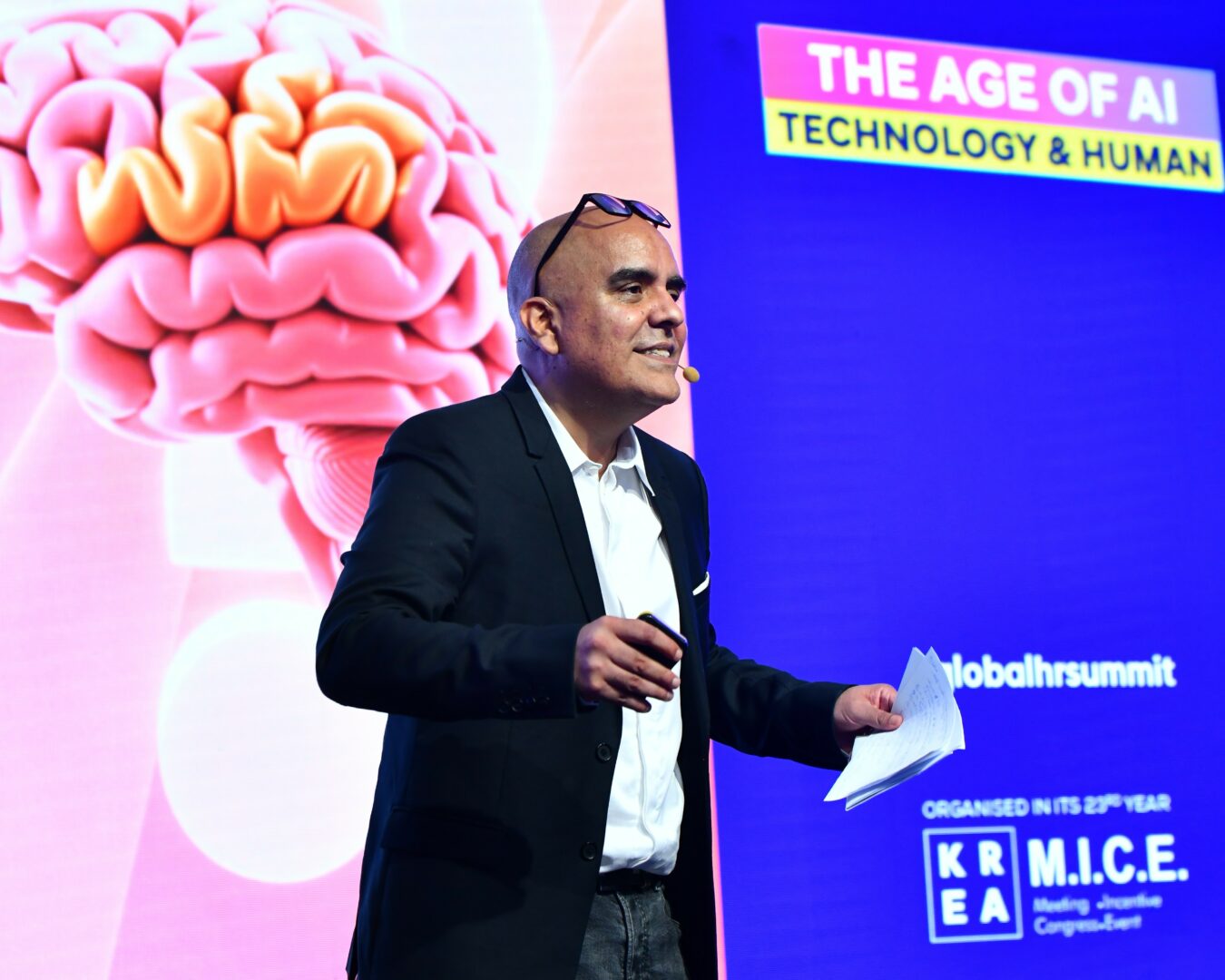
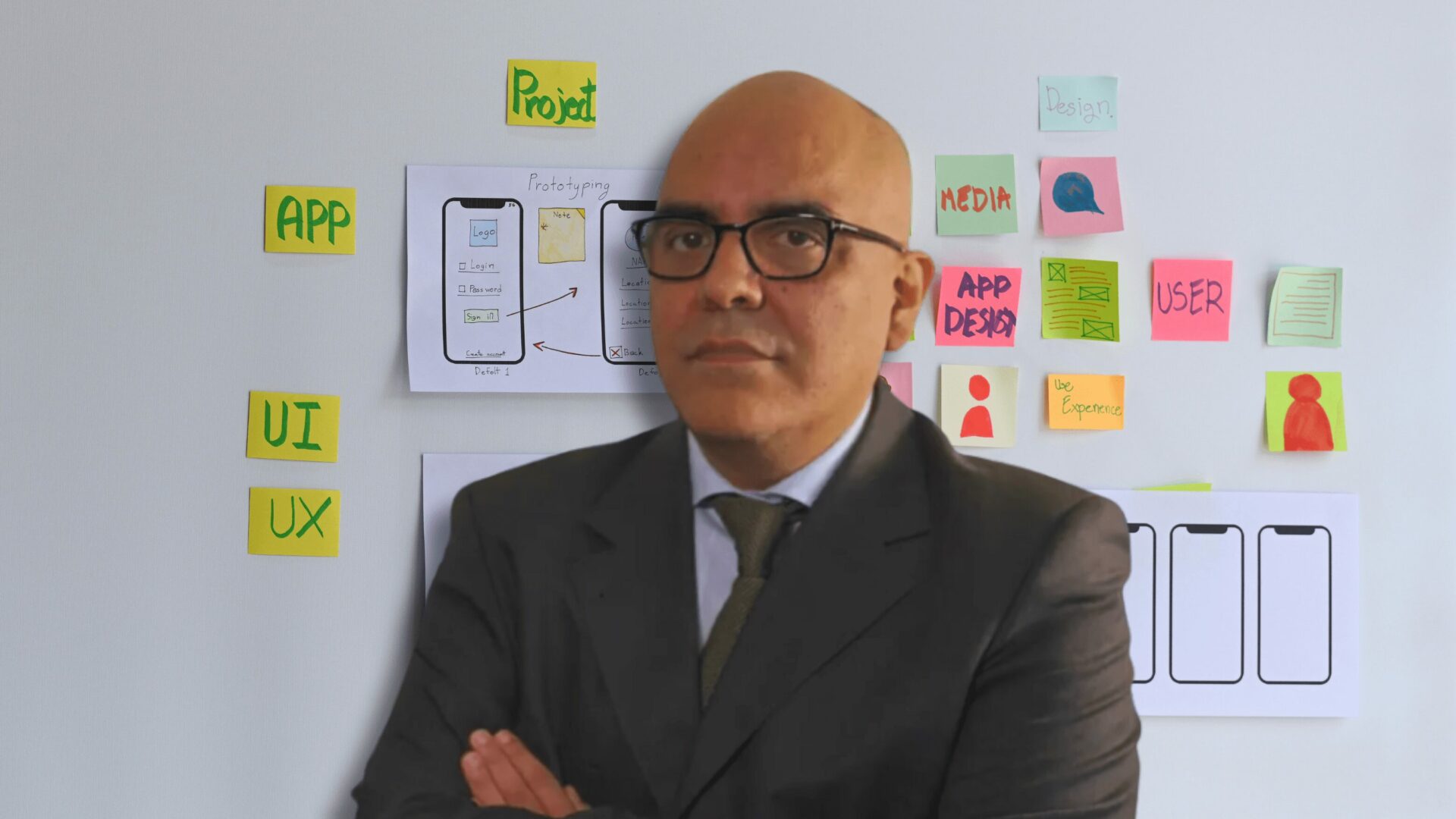
Image Credits
Ivan Palomino from PeopleKult
so if you or someone you know deserves recognition please let us know here.

